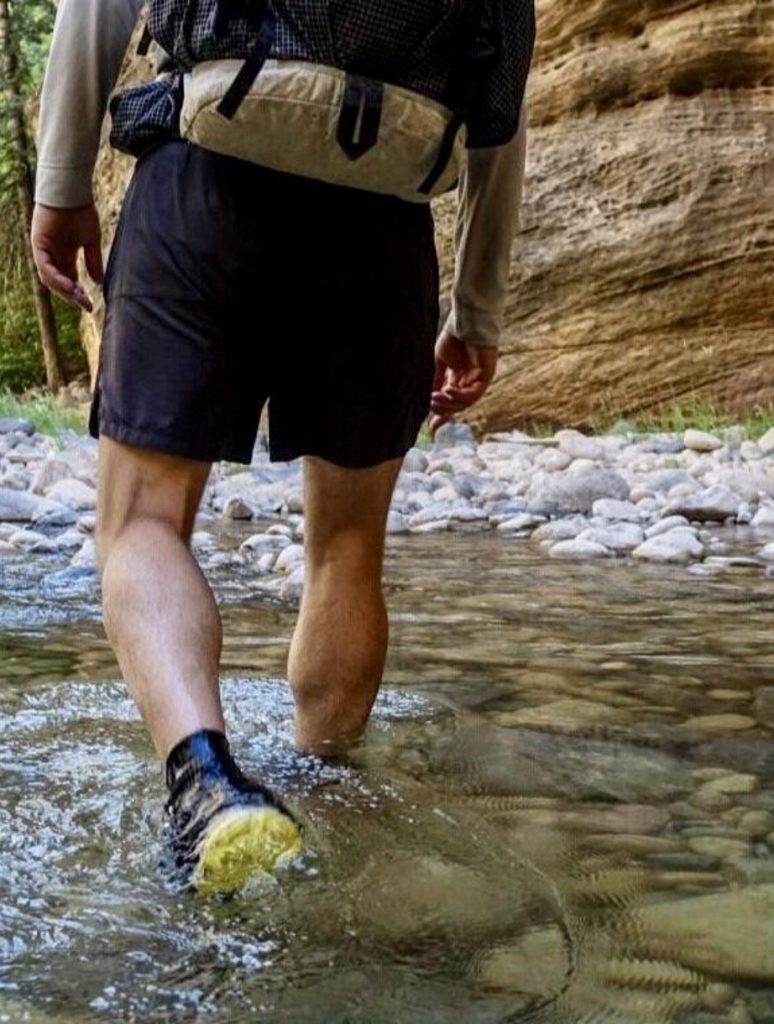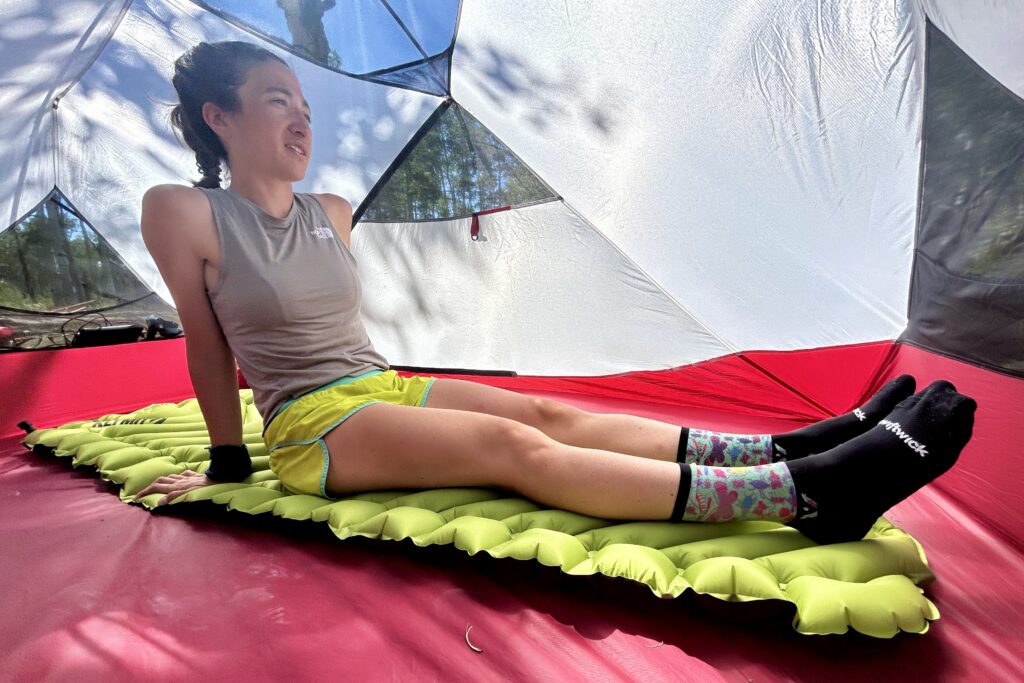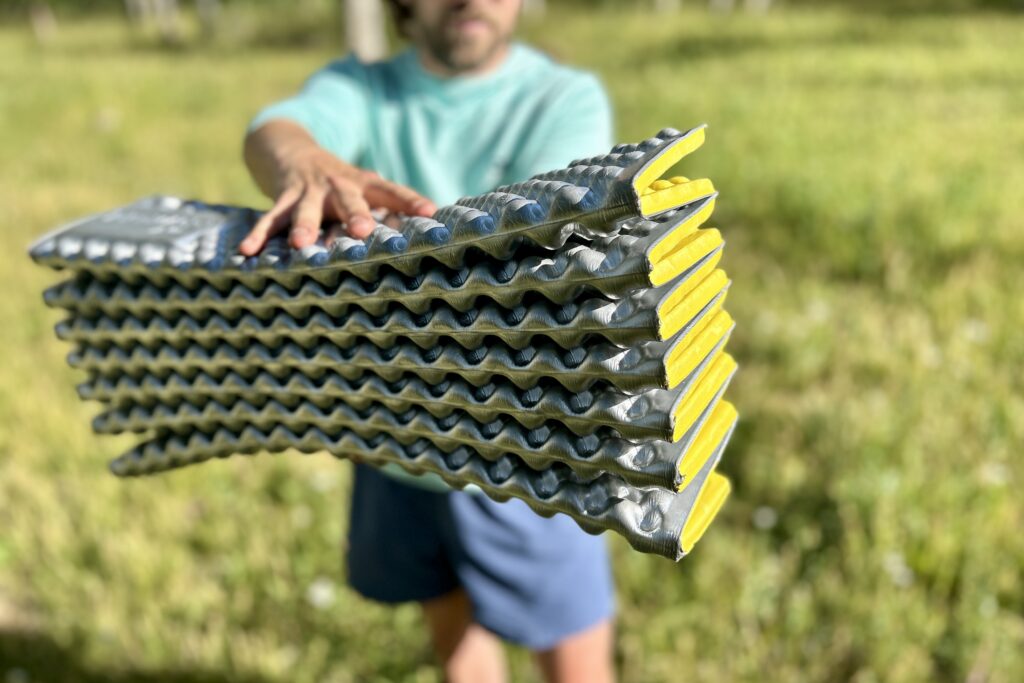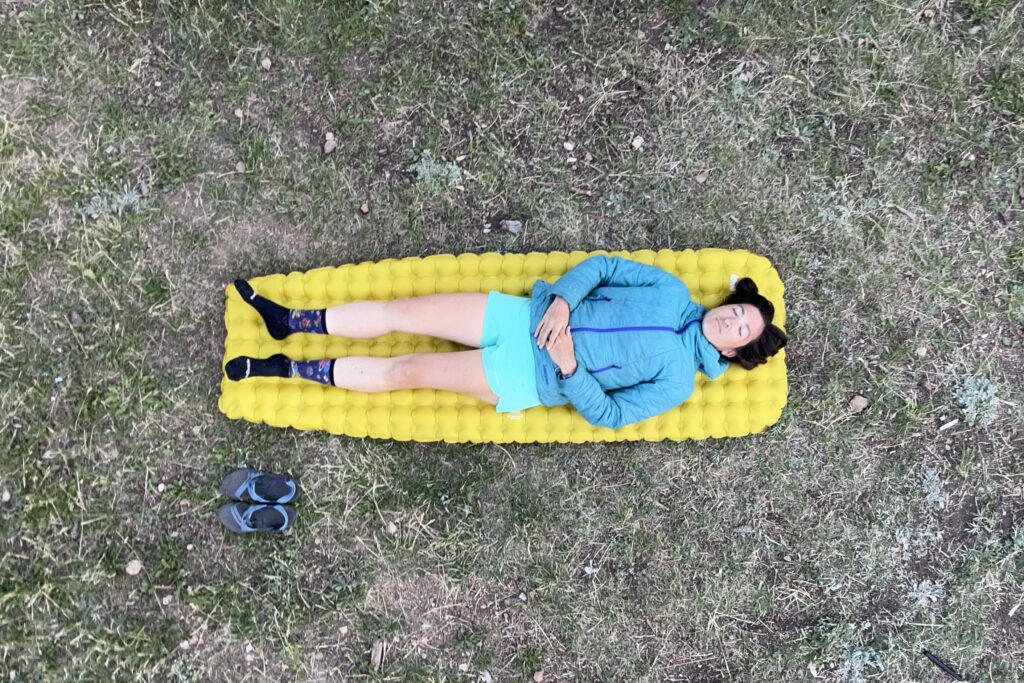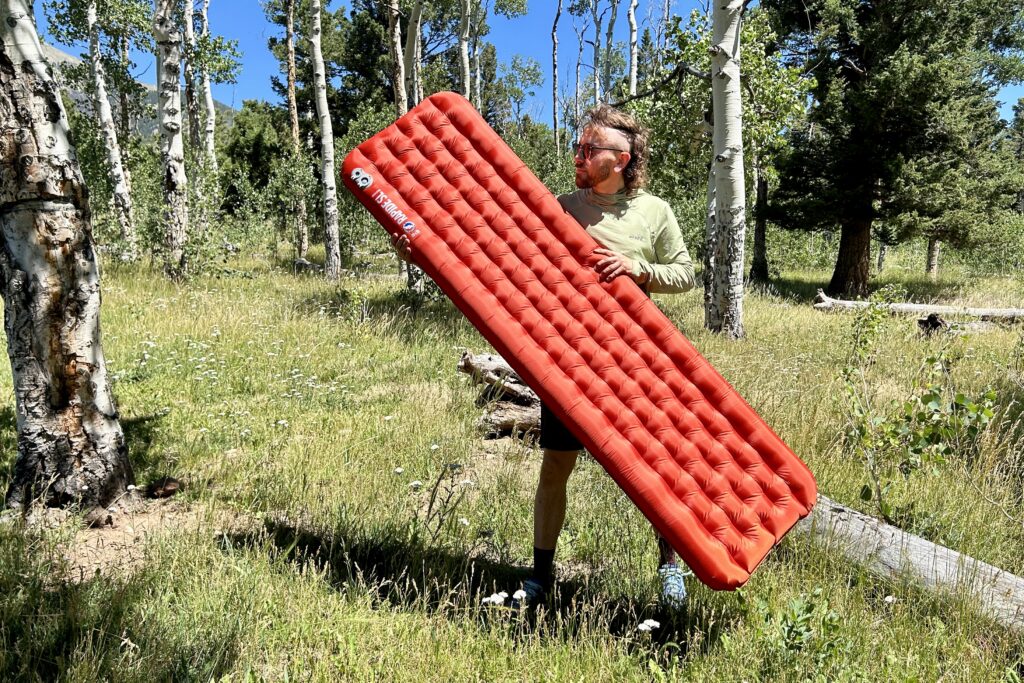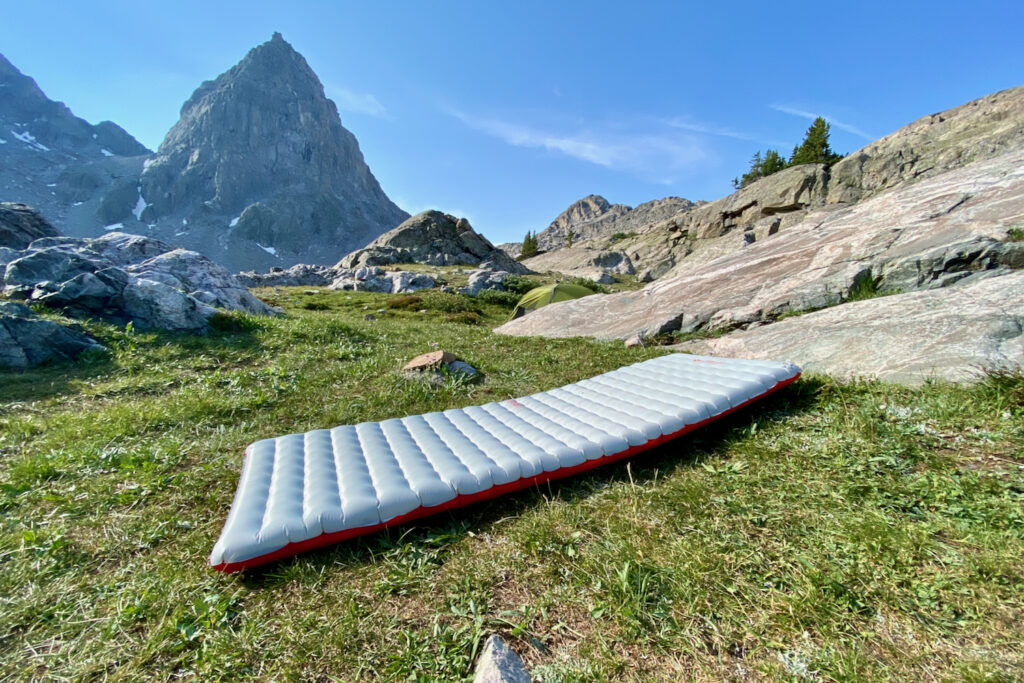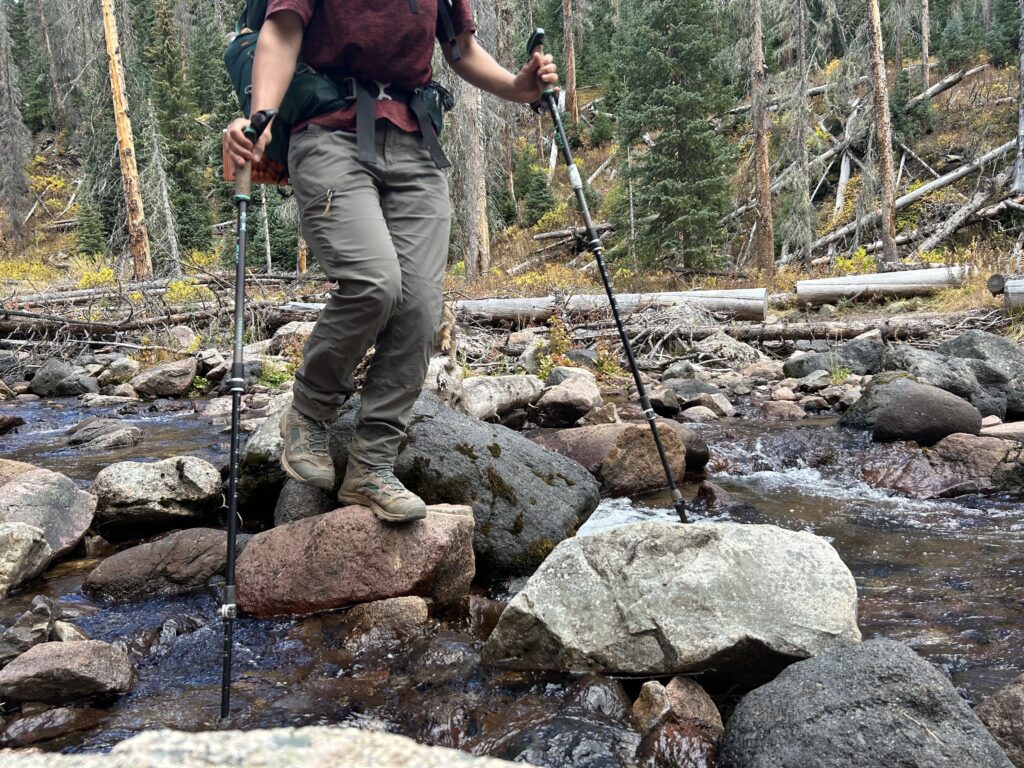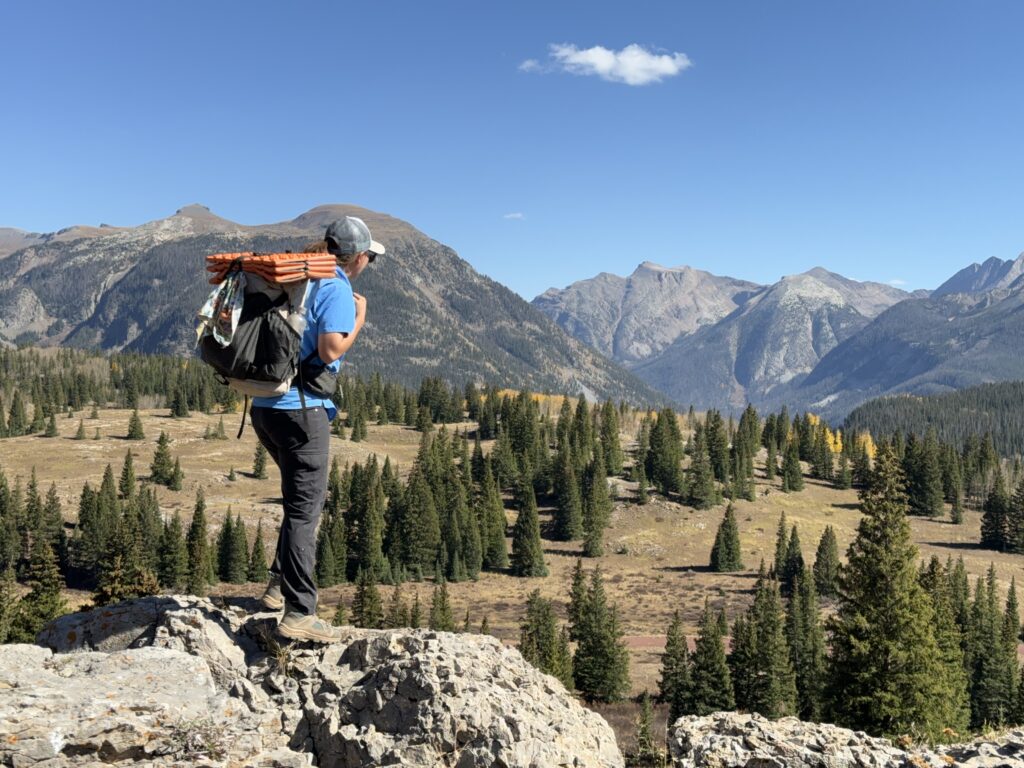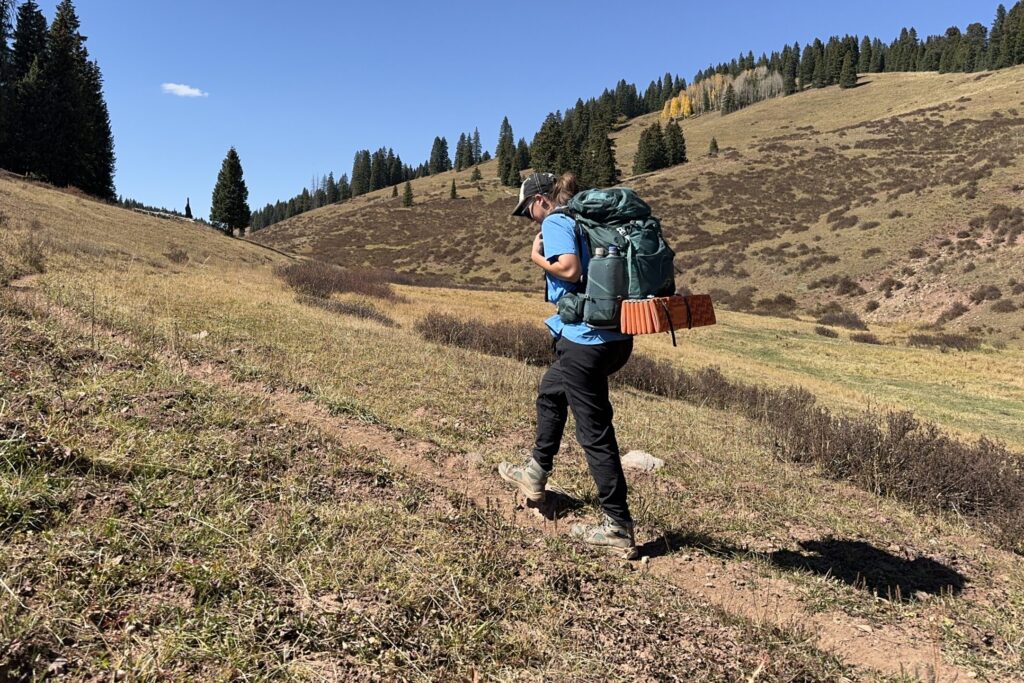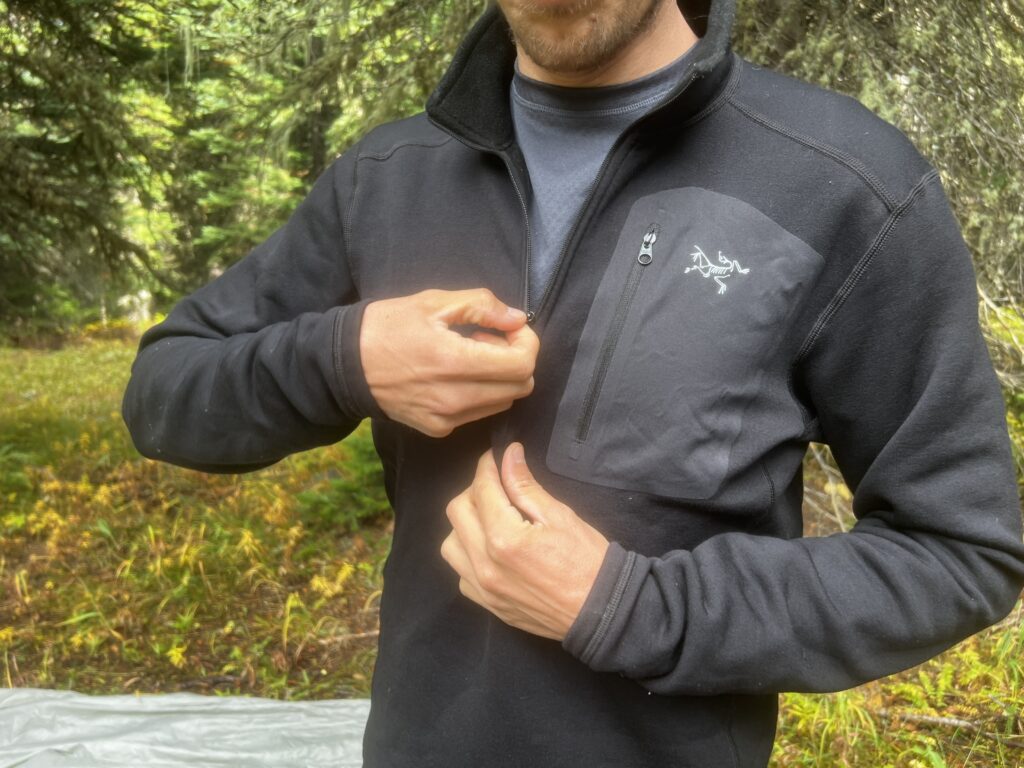
Bottom Line
The JetBoil Flash is a convenient, easy-to-use stove for backpackers of all levels who prioritize power and efficiency. It has one of the best boil times of all the top-performing stoves we tested, and conserves fuel. It even performed well on windy, Rocky Mountain ridgelines. The fully integrated system offers more convenience than your typical foldable stove. The Flash comes with an igniter switch and pot stand, adding to its stability and reliability.
The JetBoil Flash is a bit bulkier and heavier than other options, which might be a deal breaker for the ultralight backpacker. It also doesn’t have great simmer control which limits its versatility for cooking beyond boiling water. Although the price tag is a bit hefty, the Flash does come with an included one-liter pot, making it one of the most affordable integrated cooksets.
Quick Specs
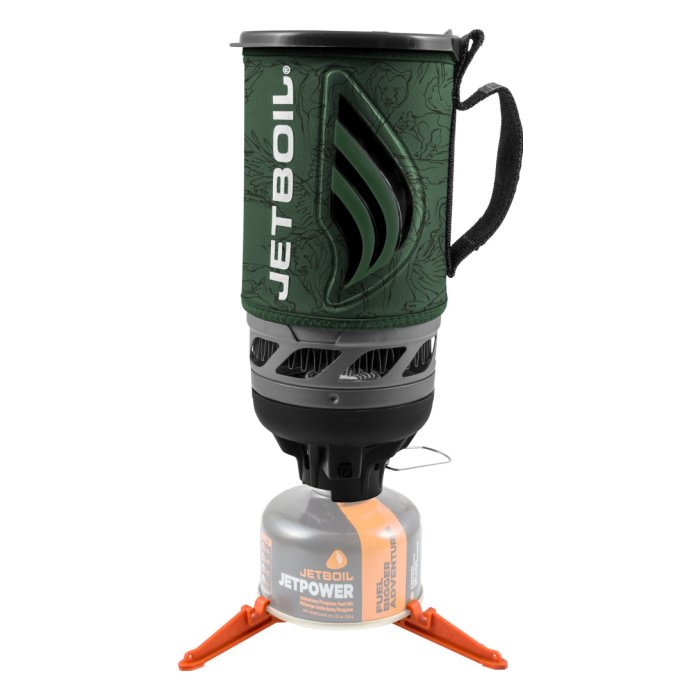
Jetboil Flash
Best Value Integrated Stove System
CleverHiker Rating: 77.5/100
Price: $130
Weight: 13.1 oz.
Fuel Type: Isobutane/propane canister
Boil Time: 2m 40s
Burn Time (8 oz. fuel): 50m
Pros
- Convenient
- Fast boil time
- Pot included
- Push-button igniter
- Performs well in wind
Cons
- Expensive (but comes with pot)
- No simmer control
- Heavy & bulky for backpacking

Convenience
In addition to being a remarkably fast water boiler, the Flash comes equipped with lots of extra features that make it a joy to use. It includes an insulating neoprene sleeve for easy handling when hot, and a strap handle that, while not as sturdy as some others, is still functional. The sleeve is fitted with a color-changing heat indicator that gives you a visual cue when the water is close to boiling which helps prevent boil-overs and fuel waste. The plastic bottom cover also doubles as a bowl/cup with convenient measuring markers.
Even without the plastic pot support, the Flash is pretty stable, but we do appreciate the included pot support for more surface contact when using small fuel canisters.
As an added bonus, The Flash is compatible with Jetboil accessories, like the Hanging Kit, which makes it possible to use it for big wall climbing, skiing, and other extreme sports. Another popular addition is the Coffee Press, which makes brewing good coffee really quick and easy.

Weight & Packability
The Flash weighs 13.1 ounces, which isn’t ultralight, but it isn’t terrible for backpacking either. The base plate is made of aluminum, which shaves off an ounce from previous Jetboil versions. We take the Flash on trips where convenience is paramount, but it’s a little on the heavy side for thru-hiking or extended ultralight trips.
The Flash is well-designed with the ability to nest a 100-gram isobutane fuel canister inside the pot, along with the stove and pot support. With the whole cooking system consolidated, the Flash is reasonably compact and easy to pack. We’d love it if Jetboil came up with a spoon that fits inside the pot to make mealtime even more convenient, but the system is still great as it is.

Power & Efficiency
The Flash can boil 16 ounces (half full) of water in just 100 seconds, which is amazingly fast and convenient when you want a meal or a hot drink in the backcountry. The faster your water boils, the less time you’ll have to spend waiting around for coffee in the morning or dinner in camp after a long day on the trail. The Flash could be a game changer for those who tend to get cold easily too, since it heats water so quickly. Why not make some hot tea to warm up on a break?
The corrugated metal heat exchanger at the base of the Flash acts as a shield from the wind. That protection means the heat created with your fuel isn’t swept away like it can be when using more exposed styles of stoves. The Flash can boil about 10 liters of water with just one small (100-gram) canister of fuel, making it one of the most fuel-efficient backpacking stoves on the market.

Precision
The downside of the Flash is that it doesn’t have a fuel regulator for simmer control, which limits its versatility for doing much more than boiling water. While the flame can vary a bit, we wouldn’t count on it to cook rice without burning it on the bottom of the pot. For those who want to do more cooking on the trail, there are better options out there, though it is more expensive and has a stouter pot shape that’s slightly tougher to pack (but better to eat out of). No regulator also means the Flash won’t work for sub-freezing winter trips, but if you mostly backpack from spring to fall, that shouldn’t be an issue.

Should You Buy the Jetboil Flash?
The Jetboil Flash isn’t the smallest or lightest cooking system on the market, but its convenience and ridiculously fast boiling speed more than make up for those downsides. The Flash is offered at a fair price and is a great value since it will last for a very long time, being so sturdy and well-made. We might opt for a stove and pot that are a bit lighter on really rugged and difficult trips when weight seriously matters, but we love using the Flash whenever it’s practical and we highly recommend it. With so many handy extras, the Jetboil Flash Cooking System is pretty tough to beat.
Overall, we recommend the Flash to backpackers who value tip-top performance and convenience over weight savings. If you’re an ultralight backpacker trying to get your base weight down, there are other options that will suffice for about half the weight.

What Other Backpacking Stoves Should you Consider?
JetBoil MiniMo Review: The MiniMo is a better option for backpackers who like to bring just a little more culinary creativity to the wilderness. It has a fuel regulator that offers a bit more simmer control over the Flash and has a wider pot that’s easier to eat out of.
MSR WindBurner Review: The WindBurner adds a couple more ounces over the Flash, but it has excellent simmer control, power, and efficiency.
Primus Essential Trail Review: If you like the stability and efficiency of a fully integrated stove system, but are still hesitant, check out the Primus Essential Trail. It’s a stable, easy-to-use screw-on stove that has impressive performance. All of that with a very affordable price tag as well. Paired with an ultralight pot, the Primus Essential Trail could be the perfect middle ground between a UL setup and an integrated one.



